ICRC appeals for urgent assistance to meet humanitarian needs in war-ravaged Gaza
A spokesman for the International Committee of the Red Cross (ICRC) has appealed for urgent humanitarian assistance for civilians affected by the devastating Israeli military onslaught in the besieged Gaza Strip.
Sarah Davies told Qatar-based Al Jazeera television network on Wednesday morning that “Gaza needs help and urgent action should be taken immediately and promptly.”
She added that members of the Geneva-based humanitarian organization could not reach out to the northern sector of the Gaza Strip, assess the situation, and provide the urgent support needed.
Davies highlighted that ICRC is not a party to the ceasefire agreement between the Israeli regime and the Hamas resistance movement, and must be able to perform its activities without any restrictions.
The remarks come as the UN World Food Programme (WFP) said the situation in Gaza is catastrophic, highlighting the need to bring in food immediately.
“Thanks to the pause, our teams have been in action on the ground, going into areas we haven't reached for a long time. What we see is catastrophic. There’s a risk of famine and starvation on our watch and to prevent it, we need to be able to bring in food at scale and distribute it safely,” WFP’s Director for the Middle East, North Africa and Eastern Europe Region, Corinne Fleischer, said.
Fleischer highlighted that six days are simply not enough to provide all the assistance needed, emphasizing that the people of Gaza have to eat every day, not just for six days.
“Our team recounted what they saw: hunger, desperation, and destruction. People who have not received any relief in weeks. The team could see the suffering in their eyes,” Samer Abdeljaber, WFP Palestine Representative and Country Director, said for his part.
“Safe and unimpeded humanitarian access cannot stop now,” Abdeljaber noted.
On Tuesday, the Executive Director of the UN Children's Fund (UNICEF), took to X and wrote “UNICEF welcomes the extension in the pause in fighting in Gaza” for two days.
“UNICEF and partners have scaled up our humanitarian response but much more is needed,” Catherine Russell wrote.
“We continue to call for a humanitarian ceasefire and protection of aid workers and the children and families they serve,” she added.
Israel launched the war on Gaza on October 7 after Hamas waged the surprise Operation Al-Aqsa Storm against the occupying entity in response to the Israeli regime's decades-long campaign of bloodletting and devastation against Palestinians.
According to the Gaza-based health ministry, over 15,000 Palestinians, including more than 6,150 children and 4,000 women, were killed in Israeli strikes, during the 49 days of war. Many more dead are feared to be under the rubble.
Tel Aviv has also imposed a “complete siege” on Gaza, cutting off fuel, electricity, food, and water to the more than two million Palestinians living there.
China slams US as ‘war-addicted’ threat to global security
China ‘firmly opposes’ US military aid to Taiwan
VIDEO | Press TV's News Headlines
President Yoon Suk Yeol to be removed from office
At least 19 Gazans killed by Israeli airstrikes since dawn: Medics
Leader: Iran neither has nor needs proxy forces
US fighter aircraft shot down ‘in friendly fire’ amid aggression on Yemen
Yemeni FM: Israel’s sponsors accountable for ongoing aggression on Sana’a


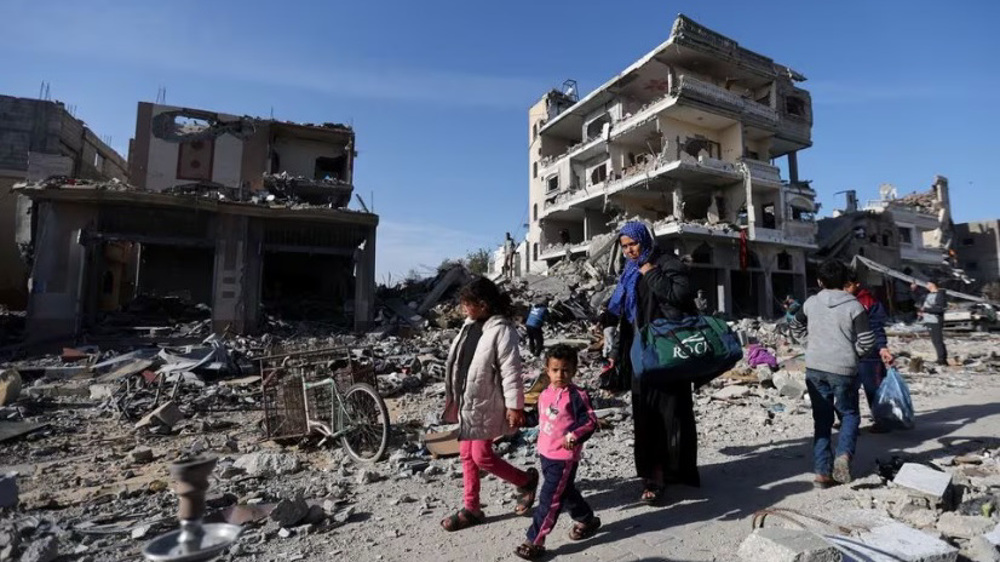
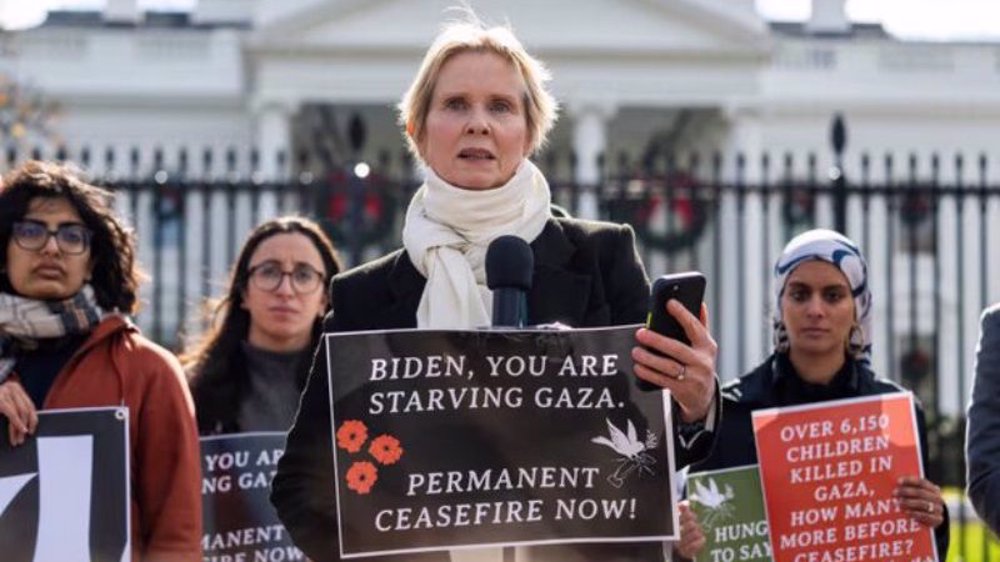
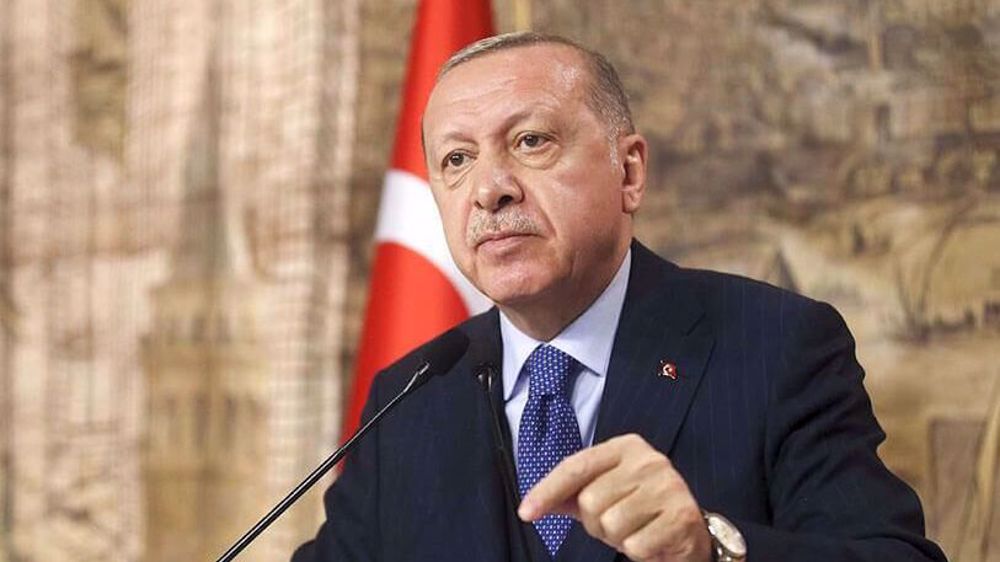
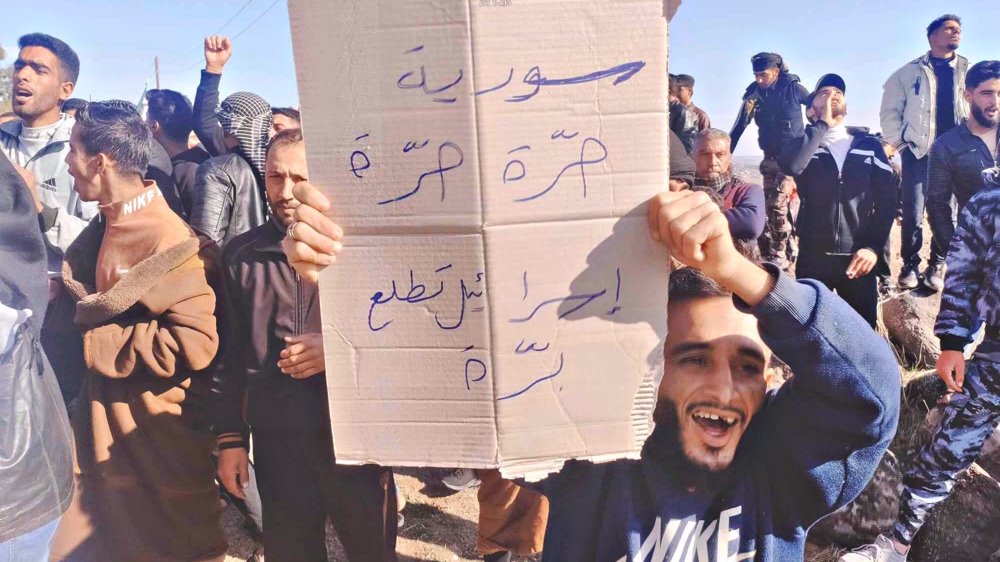
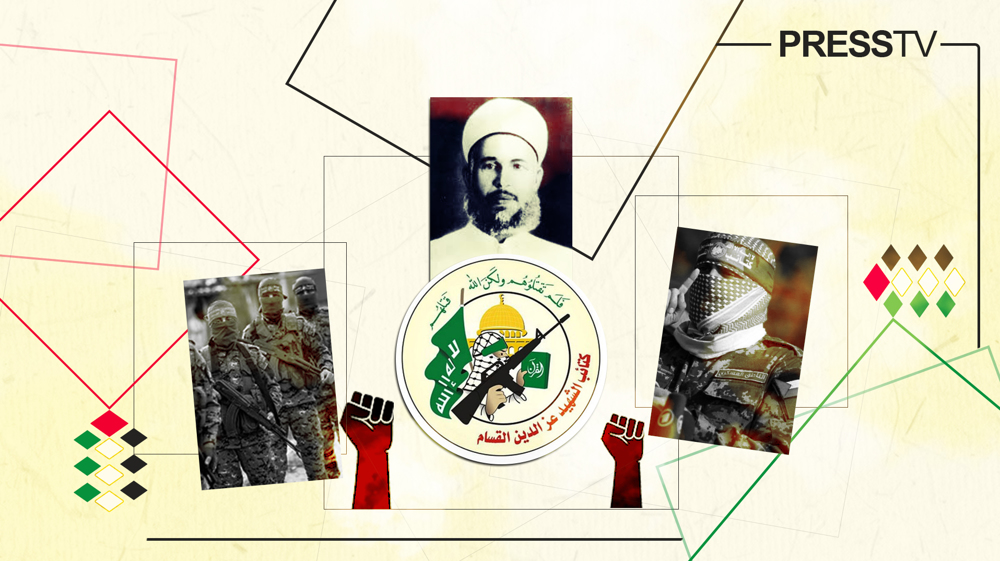
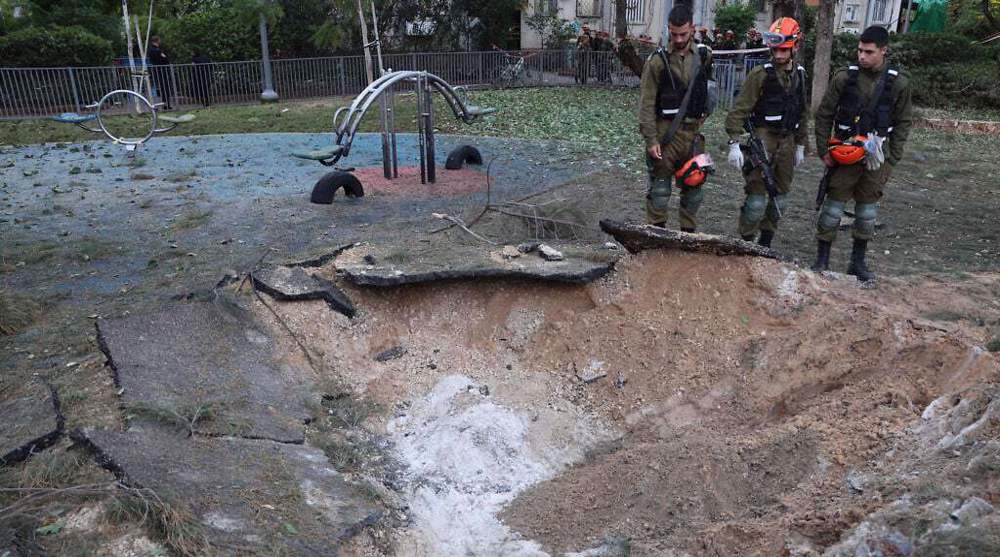



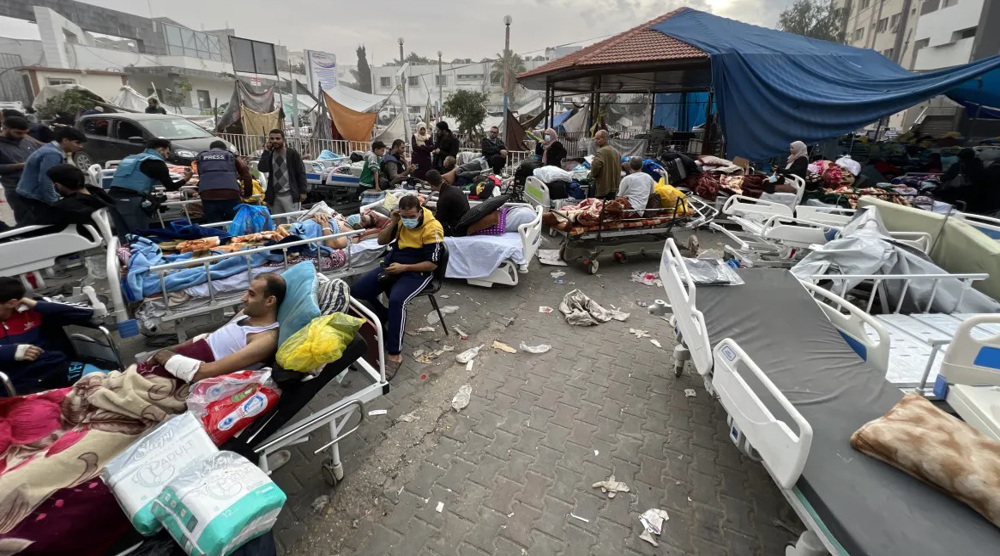
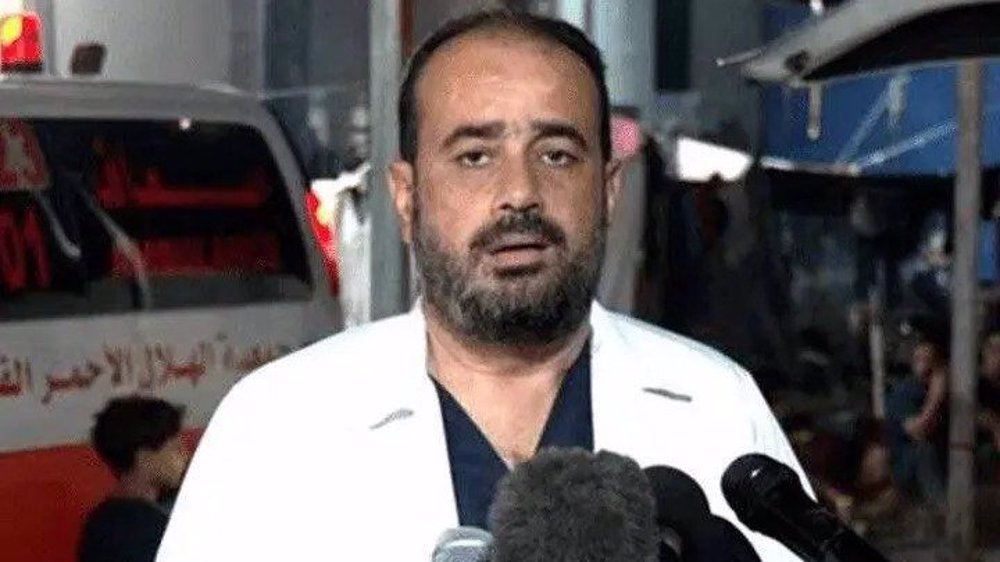
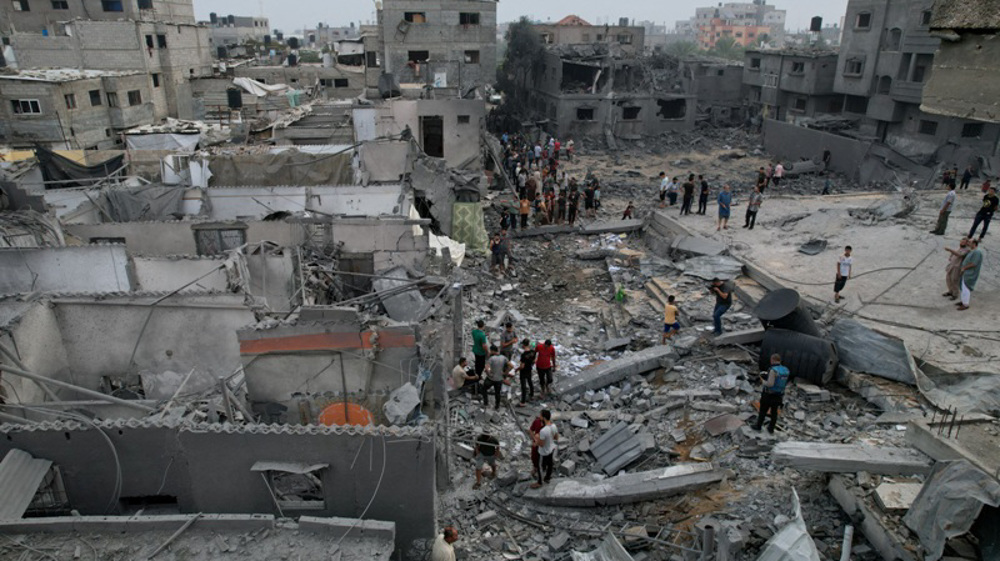
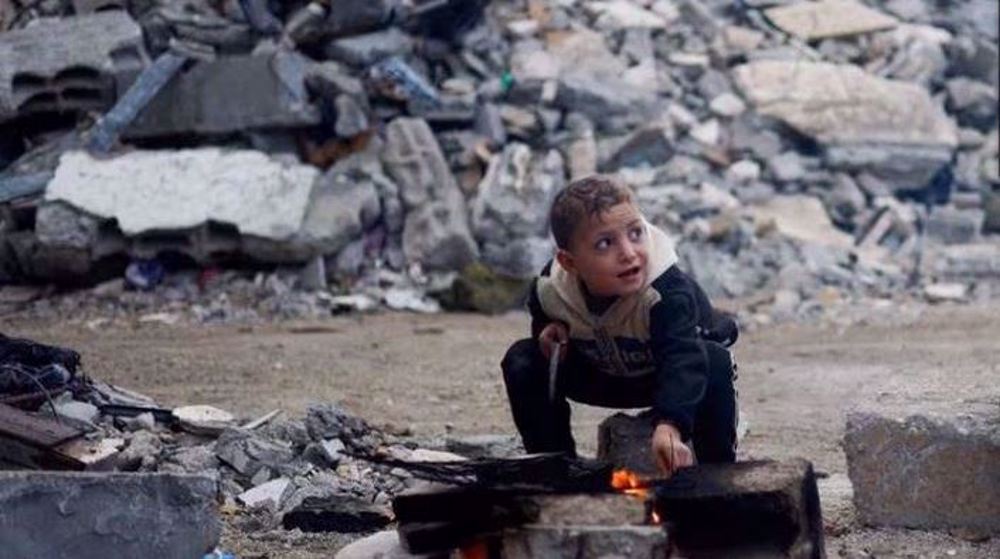
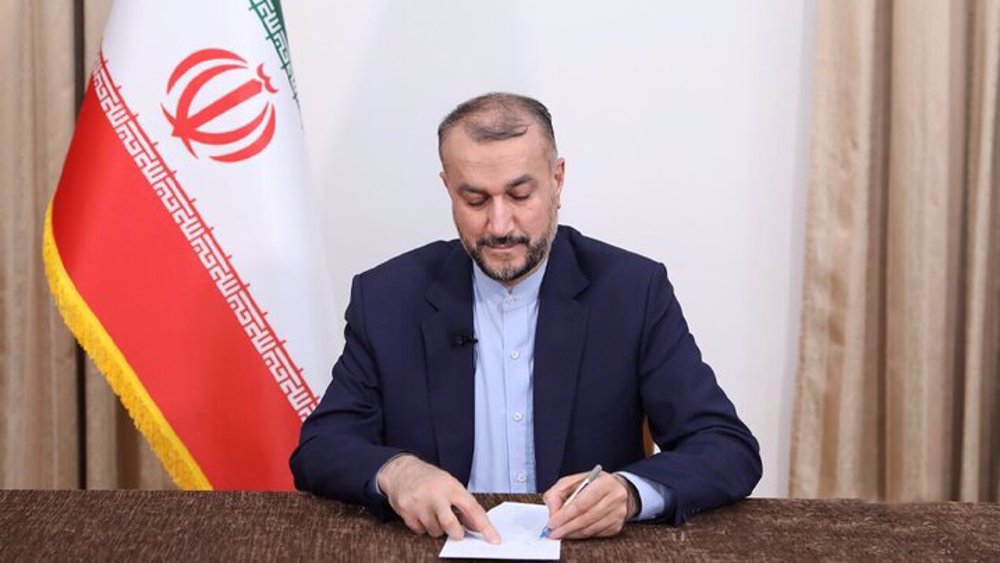
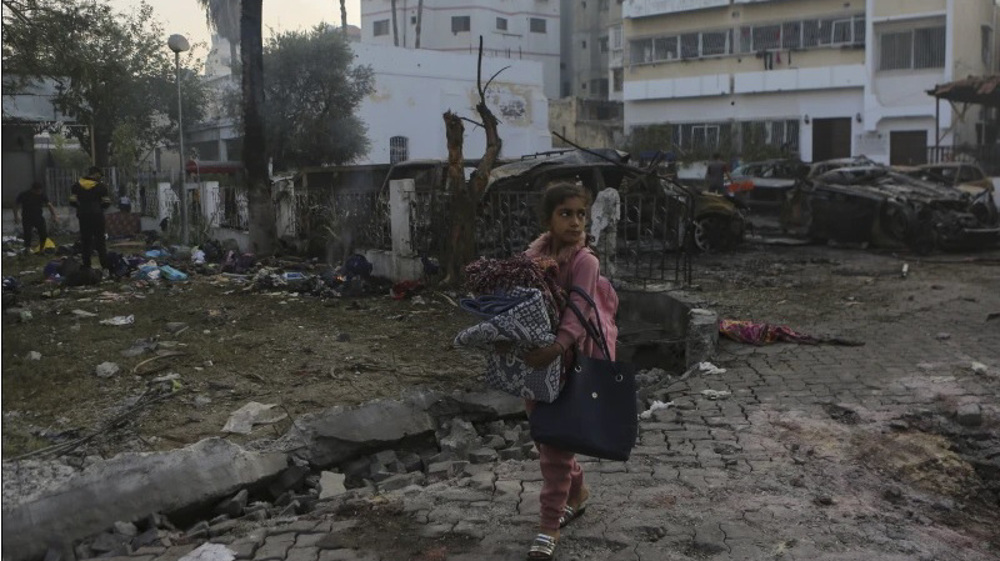
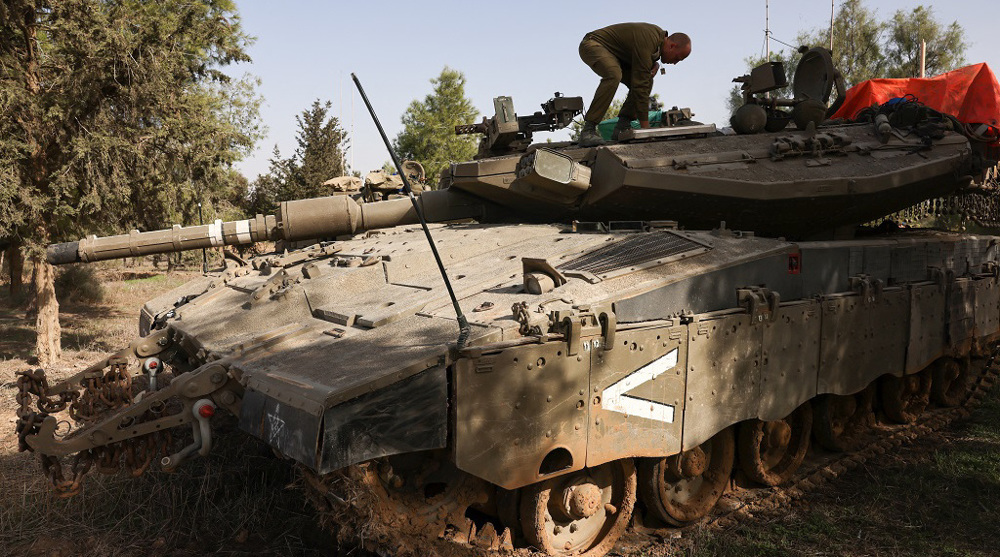
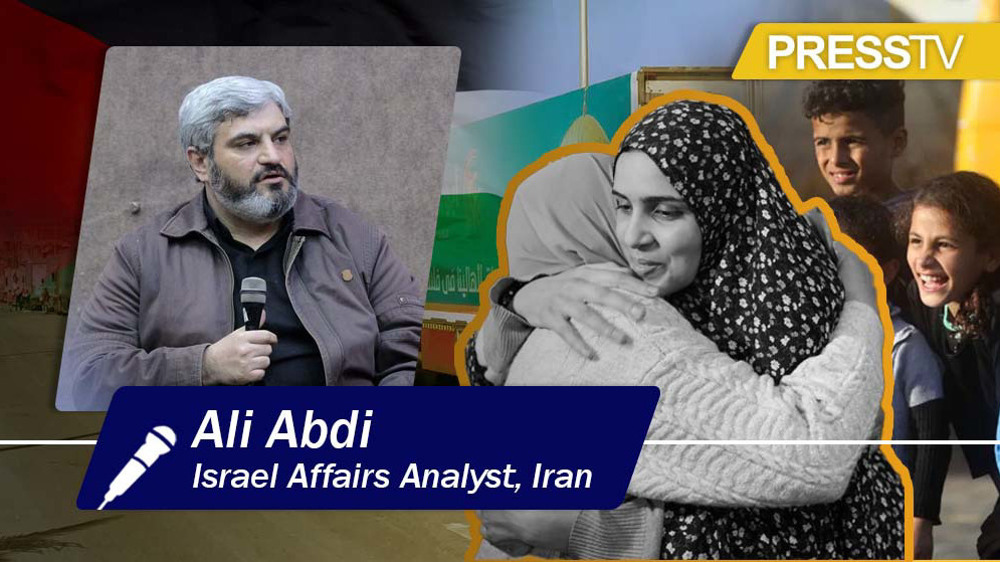
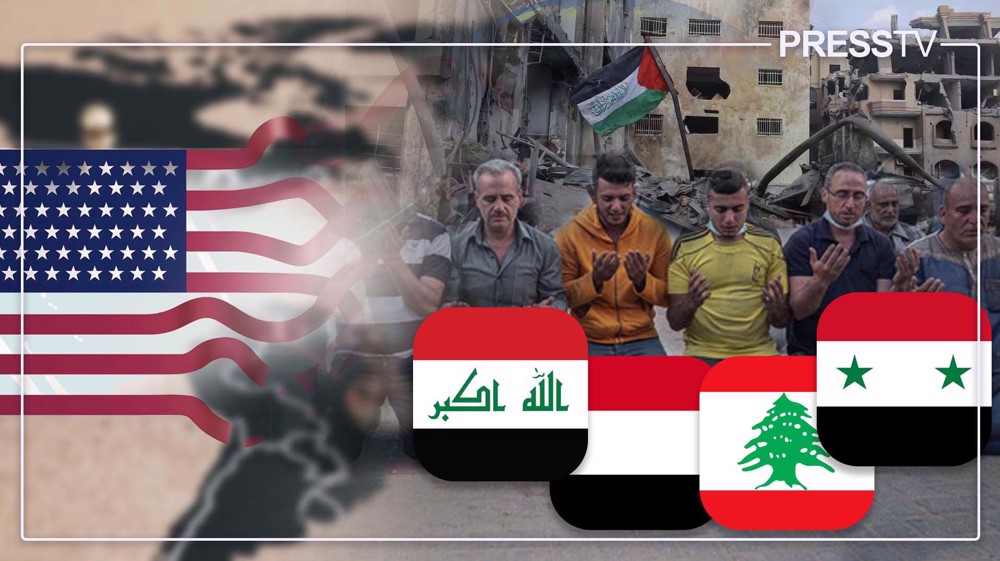

 This makes it easy to access the Press TV website
This makes it easy to access the Press TV website